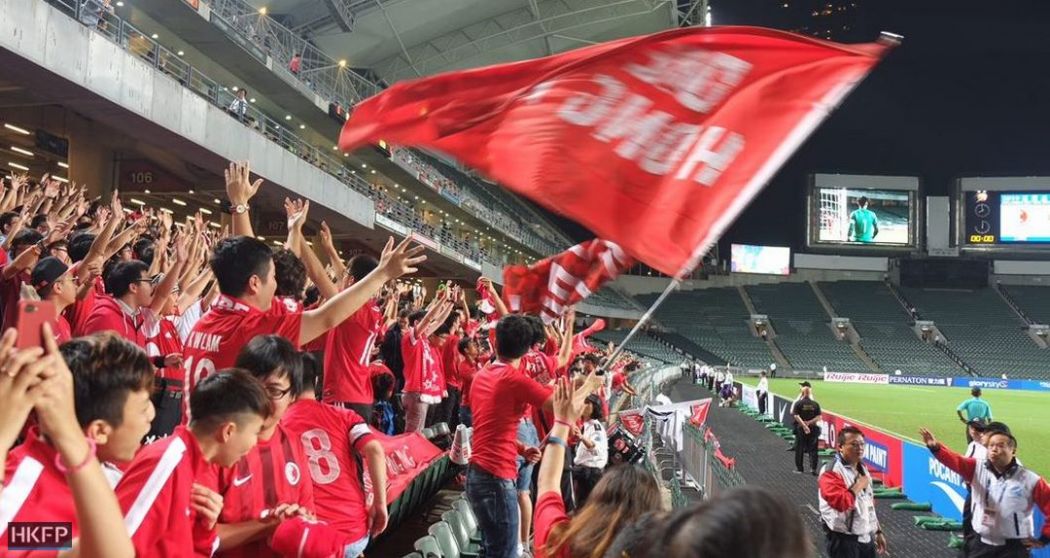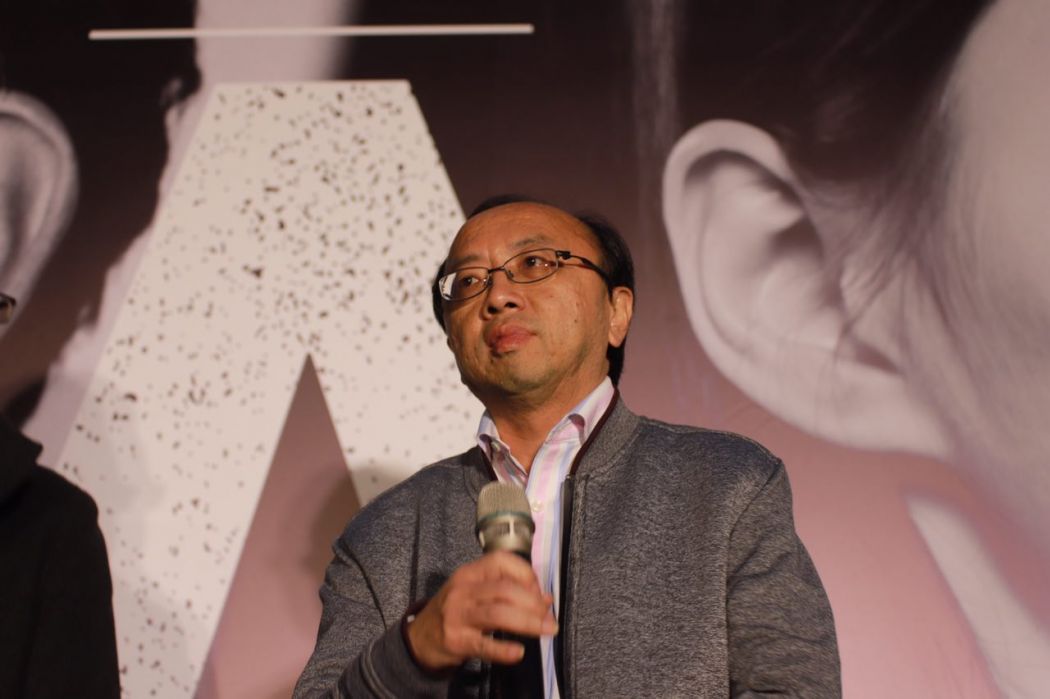A legal expert has said that the government’s proposed national anthem law has “deviated” from common law norms, warning that provisions which only serve as guidelines may diminish the law’s solemnity.
The Constitutional and Mainland Affairs Bureau on Friday submitted to the legislature an outline of the proposed content of the National Anthem Bill with punishments similar to those stipulated by China’s version of the law.
The outline for the law states that anyone who publicly and wilfully alters the lyrics or the score of March of the Volunteers; performs or sings the national anthem in a distorted or derogatory manner; or insults the national anthem in any other way, will be committing an offence.

The government has suggested a maximum penalty of HK$50,000 and three years in jail for anyone found in breach of the law.
On a Commercial Radio programme on Monday, University of Hong Kong principal lecturer Eric Cheung said that the document on the law shows a deviation from legal norms in Hong Kong.

Cheung said that in mainland China, there are provisions of an ideological nature that serve as guidelines. According to the proposed document, the public would be “encouraged” to sing the national anthem in certain situations and there are directions on national anthem education in schools, which attract no penalty.
“Usually, in common law, you would not put [these provisions] into the law under these circumstances, because it deviates from the norm of how we draft bills,” Cheung said.
Cheung said that if the provision is stated but it does not punish the offender, there may be those who deliberately engage in such an act and it would diminish the solemnity and dignity of the law. “You shouldn’t just put the provision there.”
“As a legal scholar, I feel that the problem is that it disturbed the strictness of laws,” he added. “You’re taking the method of drafting bills on the mainland and putting in Hong Kong – that’s a big problem.”
Public consultation a ‘label’
Chief Executive Carrie Lam said on Saturday that she does not understand why the public were so insistent on the words “public consultation.”
“Public consultation is a label,” she said, adding that the Hong Kong government has to fulfil the requirements in the Basic Law under One Country, Two Systems, and implement local legislation for the national anthem law. “There appears to be almost no controversy in society on this.”

Lam said that the first reading of the bill will be conducted in July, and the public are free to express their opinions over the next three to four months. The Legislative Council’s Bills Committee will also listen to the views of the public: “So this is part of the consultation.”
When asked whether international school students would be forced to study the national anthem, Secretary for Education Kevin Yeung told reporters on Saturday that local students in Hong Kong have to learn about the anthem and its background “as a matter of principle.”
“So that will be the direction we are heading to, but we need to discuss in detail with international schools on how to make it happen and whether there will be obstacles that we need to overcome. But we are open in the sense that we will be discussing with international schools to see what is the best way to achieve that,” he added.
Not-for-profit, run by journalists and completely independent – HKFP relies on readers to keep us going. Contribute to our critical HK$1m Funding Drive – ends today. Help safeguard our independence and secure our operations for another year. Read how carefully we spend every cent in our Annual/Transparency Report.

